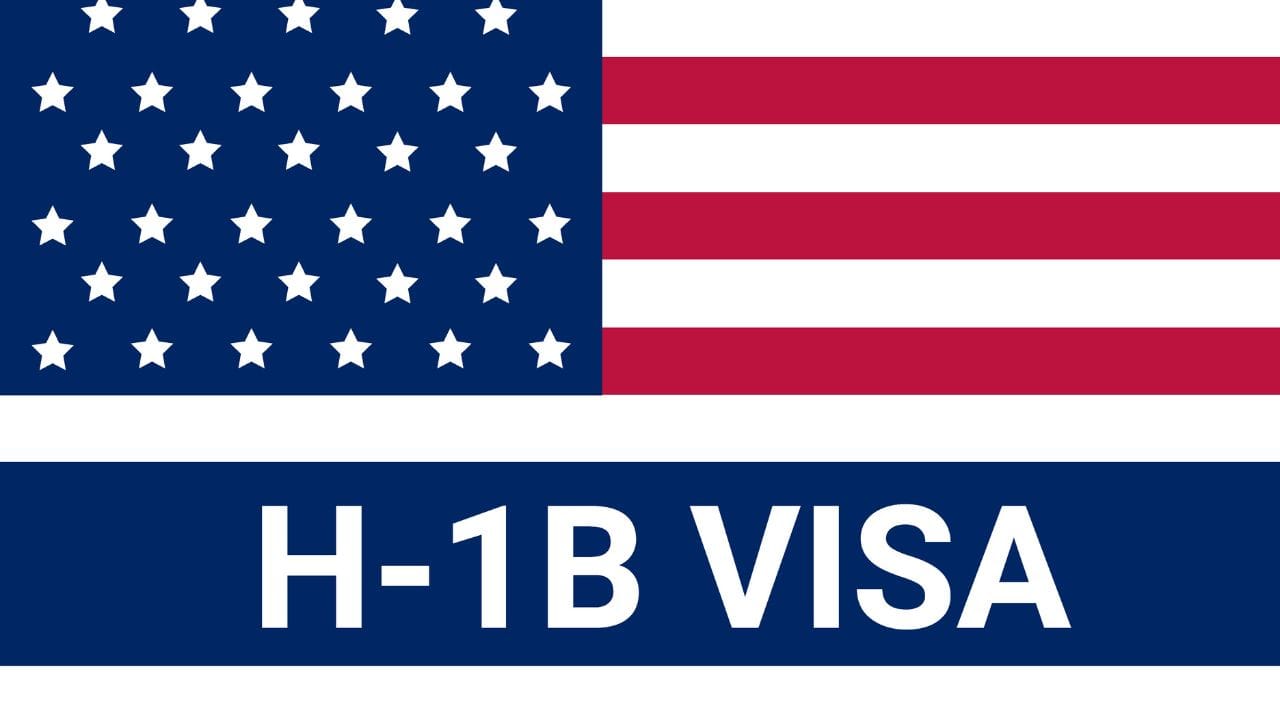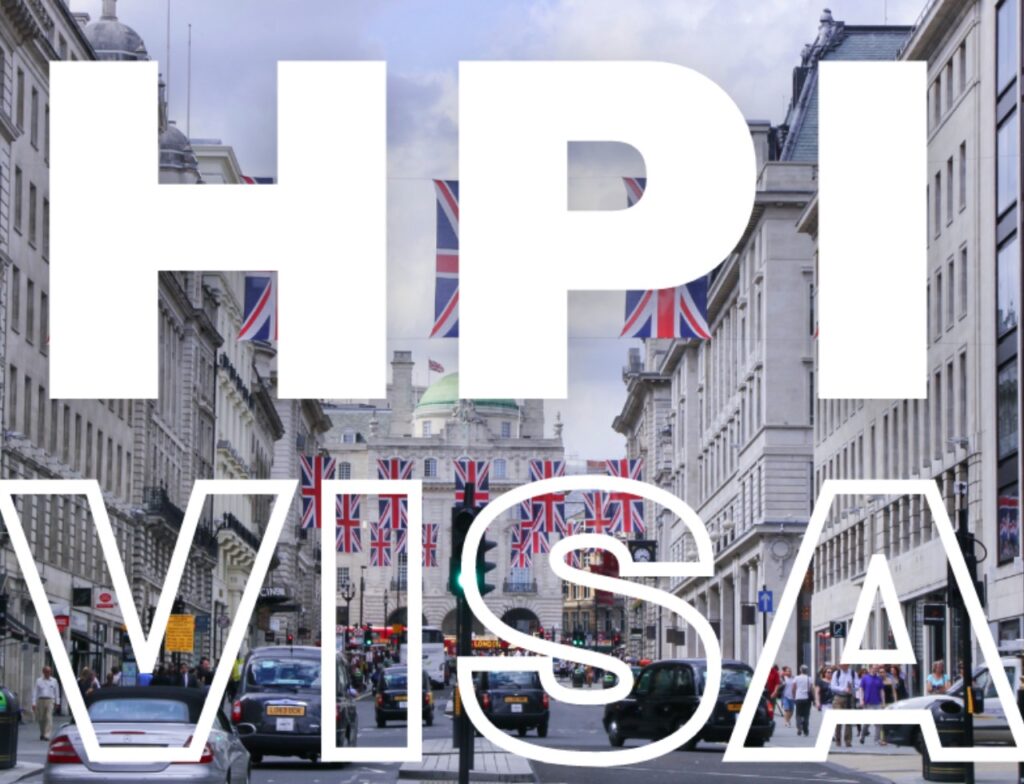H-1B visa trends have dramatically changed in the last decade in the US tech sector, where American tech giants such as Google, Amazon, Microsoft, Apple, and Meta increasingly rely on H-1B visas to attract the most specialized international talent, while Indian IT firms gradually turned toward weaning themselves off H-1B visa holders and building a more formidable in-country workforce within the United States. This strategy creates diversification in their talent pool while putting them in a better position to avoid visage policies risks.
H-1B Visas on the Rise among U.S. Tech Giants
The U.S. tech giants continue to bank on H-1B visas for importing skillful foreign talent. Recently, Amazon showed a 478% growth in the utilization of H-1B visas, while Meta recorded a 244% rise in the past eight years. This kind of surge will reflect the ever-growing demand for skilled professionals in new emerging areas such as artificial intelligence, cloud computing, and digital transformation.
To firms such as Amazon, Google, and Meta, an H-1B visa is the difference between having something and wanting it, as far as holding an edge in these cutting-edge sectors, which have a low supply of locals. “U.S. companies must rely on H-1B visas to fill roles with skills not easily sourced domestically,” said corporate immigration expert Vic Goel.
Indian IT majors TCS, Wipro, Infosys, and HCL have drastically reduced their reliance on H-1B visas by more than 56% in the last few years. Instead, the companies have added to their local workforce in the United States. That has helped the companies remain current in the American market and also brings along fewer risks of relatively turbulent fluctuations in visa policy.
By recruiting American talent and providing green card sponsorship for eligible international employees, Indian IT firms will build a sustainable model that combats the challenges presented by the changing U.S. immigration policies. This way, Indian companies can contribute towards U.S. economic growth and strengthen their position as trusted partners within the American market.
Impact of H-1B Policy Changes Under the Trump Administration
Donald Trump is back at the helm as the president of the United States, bringing with him a scenario where much is expected in terms of immigration policies and especially those concerning H-1B visas. When Donald Trump was the president before, stringent policies had been responsible for enhanced scrutiny of all H-1B applications. Thousands of applicants were affected. In addition, H-4 visa holders, spouses of H-1B visa holders, had their rights to work curtailed, contributing to the instability of families.
Renewed immigration laws under President Trump could well result in the H-1B program being made more stricter, with increased wage requirements, more processing fees, and an uptick in documentation procedures. This might pose an odds-ending challenge to American technology companies and Indian companies alike who look forward to bringing in foreign skilled tech workers in bigger numbers and threaten the employability of currently employed visa holders.
How Do H-1B Visas Consider the Future for Indian Technology Firms?
As the U.S. government contemplates the future of H-1B visa program reforms, Indian and Indian IT companies in the United States will have to evolve with changing regulatory landscapes. As business analyst expert Russell Stamets explains, “Indian companies with significant parts of their operations falling within U.S. regions need to be aware of the changes and be in touch with the respective stakeholders involved.” That would be beneficial for Indian IT companies by molding better immigration policies in favor and protecting the interests in the U.S. market.
As Rajiv Dabhadkar, founder of the National Organization for Software and Technology Professionals, succinctly puts it, “Whatever form this takes—whether hiring practices shift or in anticipation of the financial blow of higher visa fees—the tech firms on both sides of the Atlantic are preparing for change.
Conclusion: Finding Our Way through the H-1B Visa World of the Future
The constantly changing H-1B visa landscape opens doors and poses challenges for the tech industry. As American tech giants continue to pursue highly skilled global talent through H-1B visas, Indian IT companies reduce their dependencies on the same visa and are increasingly hiring local people. Both sides are significant for new policies under the Trump administration.





